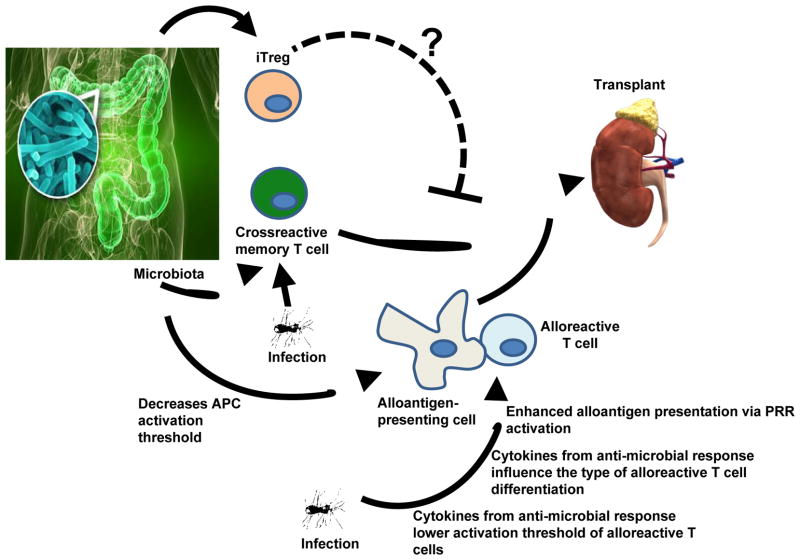Figure 1. Interplay between microbes and the alloimmune response.
Infections prior to transplantation as well as inadvertent immunity to commensal microbiota may generate cross-reacting alloreactive memory T cells. Microbiota-derived microbial products transported systemically may also lower the activation threshold of APCs that may be presenting alloantigen. Infections at the time of or after transplantation may enhance the alloresponse directly by providing ligands to PRRs on APCs thus boosting alloantigen presentation, or indirectly via the cytokines produced during the anti-microbial response that can lower the activation threshold of an ongoing alloresponse or can dictate the phenotype of a differentiating alloreactive T cell. In addition to these effects that would be detrimental to an allograft, microbes may also help prevent alloimmunity. For instance, intestinal microbiota can generate iTregs and it is theoretically conceivable that these play a role in dampening the alloimmune response.

